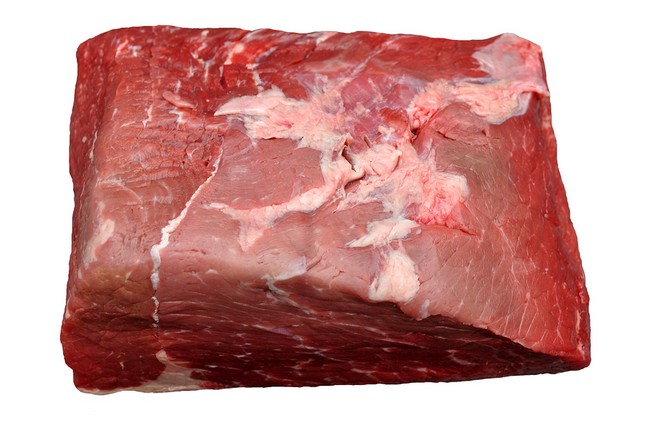- Make It Yourself Lavender Heart-Shaped Bath Bombs!
- 20 Things You Never Knew About “Down There”
- 12 Best Foods For Those Suffering From Arthritis Pain
- 12 Personal Hygiene Mistakes Almost Everyone Makes (Mom Never Told You About #4!)
- 15 Medicinal Plants And Herbs From The Cherokee People
- 12 Mind-Blowing Benefits Of Drinking Coconut Water During Pregnancy
- 12 Outstanding Winter Foods That Won’t Fatten You Up Like A Christmas Turkey
The Shocking and Disgusting Things That are Hiding in Your Meat and Processed Foods

Photo credit: bigstock.com
8. Antibiotics
Big dairy and meat farmers raise cows in such poor sanitary conditions that they pump them with antibiotics in hopes of avoiding the spread of disease. The problem with this practice is that these antibiotics end up in the meat of the animal, which we then consume. This means that we are being overexposed to antibiotics, which is what creates those superbugs: pathogens and bacteria that are resistant to antibiotics. Buy meat which states that is was not given growth hormones or antibiotics. Yes, it costs more, but it is so worth it! Find out more top 5 ugly truths meat industry hopes we will never find out.
9. Antifreeze
Yes, the same stuff you put in your car’s radiator! Of course you aren’t drinking pure antifreeze whenever you chug a soda, but you are still consuming a bit of antifreeze with almost every soda, flavored water, or sports drink. Propylene glycol, more commonly called antifreeze, is used in just about everything from electronic cigarettes to pharmaceuticals, foods to cosmetics. The European Union does not allow antifreeze in its food products but the FDA thinks it’s OK for you, America.
10. Transglutaminase
This is a big word that basically means glue. It’s an enzyme that is used to stick pieces of meat together, which is how they make many chicken patties, chicken nuggets, and sausage patties. This is another one that is absolutely banned in the European Union but is still used everywhere in the US.
No matter how you look at it, none of this stuff belongs in our bodies, even “natural” things like rodent hair! You can avoid a great deal of these issues by buying locally grown foods, organic foods, reading labels carefully, and learning to cook from scratch so you can avoid those processed foods.
Sources:

































Ed Schumacher
Apr 14, 2016 at 2:18 pm
Propylene Glycol Is not “anti-freeze.” That is called Ethylene Glycol.